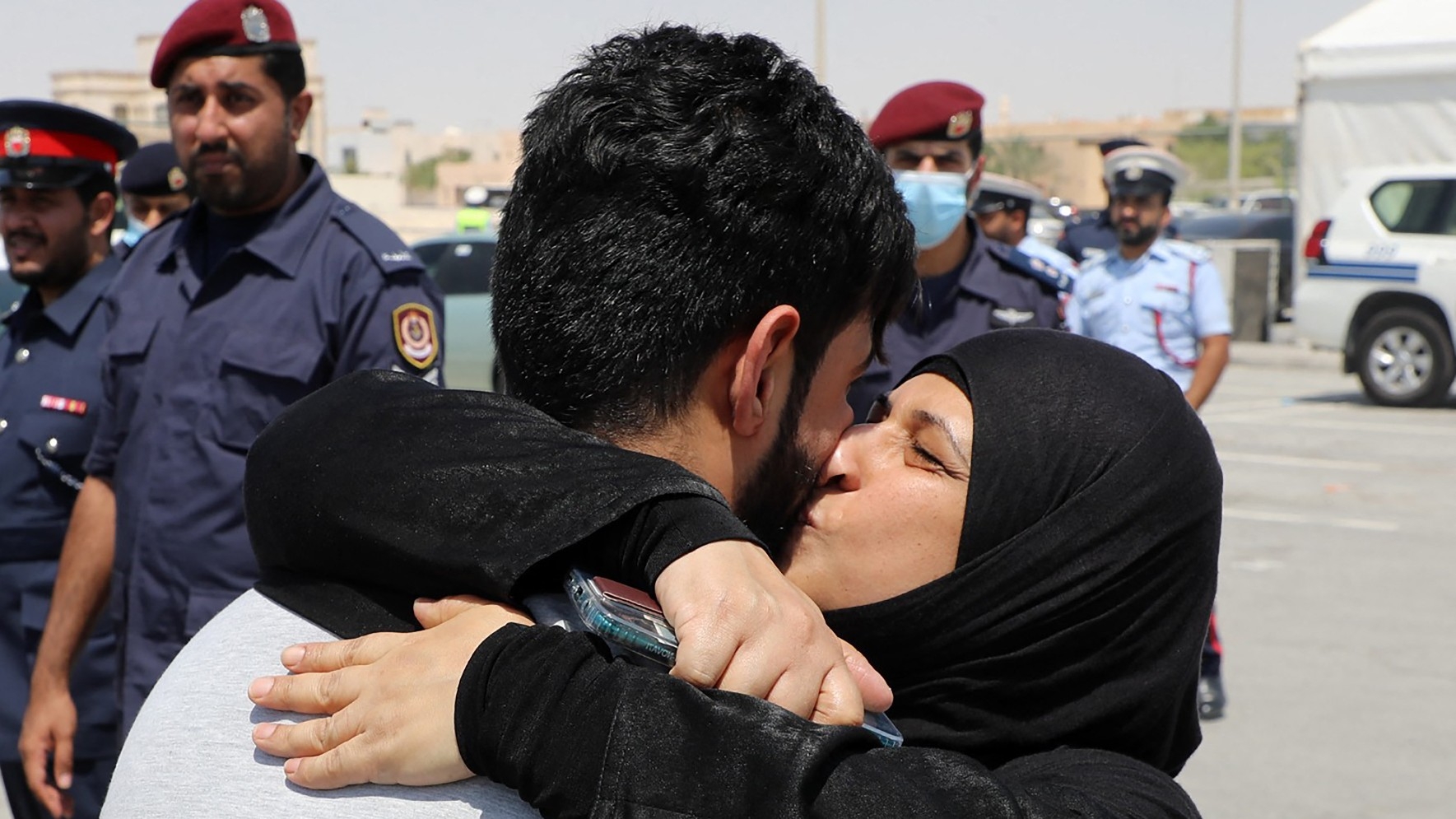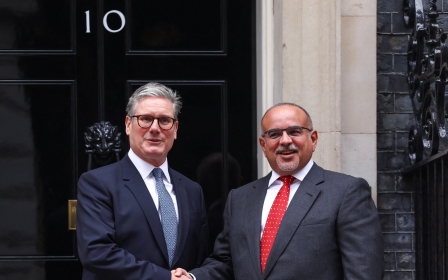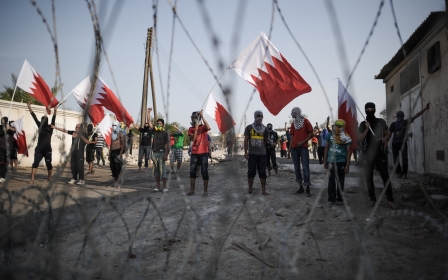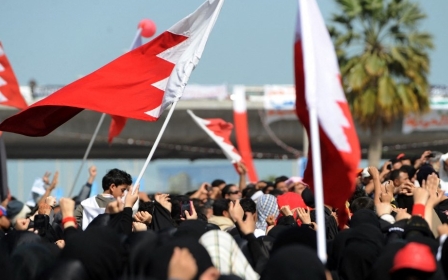Bahrain: UN General Assembly urged to address imprisonment of human rights activists

Rights groups on Tuesday urged the UN General Assembly to address Bahrain’s human rights crisis, calling for the release of jailed activists, an end to the death penalty and the reinstatement of citizenship for those unfairly rendered stateless.
A group of 29 organisations addressed the UN General Assembly during its 79th session, saying the debate is “a critical opportunity to push for resolution on these long-standing human rights abuses”.
More than 150 political prisoners were released on 4 September following a royal amnesty issued by King Hamad bin Isa Al Khalifa, marking his third mass pardon this year.
A first pardon in April saw the release of around 650 political prisoners.
However, these mass pardons have yet to include prominent dissidents and pro-democracy advocates such as Abdulhadi al-Khawaja, Abduljalil al-Singace, Hassan Mushaima and Ali Salman, the leader of the dissolved opposition party al-Wefaq.
New MEE newsletter: Jerusalem Dispatch
Sign up to get the latest insights and analysis on Israel-Palestine, alongside Turkey Unpacked and other MEE newsletters
On Monday, Bahrain’s interior ministry said that more than 340 inmates from the notorious Jau Prison will have their sentences replaced with non-custodial alternatives, suggesting their imminent release.
Around 100 political prisoners are expected to be included in the decision, according to information received by the Bahrain Institute for Rights and Democracy (Bird).
29 rights groups urge UN states to call on Bahrain to release unfairly imprisoned activists and defenders and end the use of the death penalty during General Assembly high-level debate (24-28 September) themed ‘leaving no one behind’
— BIRD (@BirdBahrain_) September 23, 2024
See full letter: https://t.co/IrviDy2nt2 pic.twitter.com/cCw03FDCLe
“We call for the immediate release of all arbitrarily detained political prisoners, including high-profile human rights defenders and opposition activists and those facing death row,” Bird's advocacy director, Sayed Ahmed Alwadaei, told Middle East Eye.
“No one should be imprisoned for expressing their views or advocating for democratic change in their country," he added.
Middle East Eye delivers independent and unrivalled coverage and analysis of the Middle East, North Africa and beyond. To learn more about republishing this content and the associated fees, please fill out this form. More about MEE can be found here.




